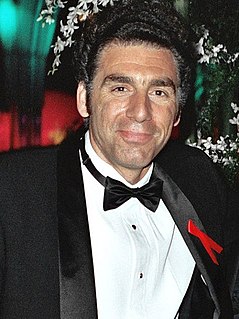A Quote by Pratik Gandhi
I'm the kind of person, the moment I see issues, I tend to think about the solutions. And that's how my mind is trained.
Related Quotes
Friends sometimes ask me, 'When you get the ball what are you thinking?' But you do not have time to think. You have to do it. It's not instinct; that's not the right word, but it's how you feel in this moment. You sense it. It's trained, but it's trained inside you. It makes you faster in the moment.
I think I've learned a lot about how to make movies, and particularly about how to edit movies by thinking about how similar problems are resolved in other forms. The issues in all forms are the same in an abstract sense, aren't they? Characterization, abstraction, metaphor, passage of time... Whether it's a movie, a novel, a play, or a poem, those issues exist. And each person resolves them differently.
I do feel that the world is entering into a period of the incredible period of reflection and introspection. A lot of people are questioning the future, and I can't help but think that's a positive thing. I'm not sure about the art world, but the design world may be able to offer some solutions. Design is about troubleshooting. As a designer, I ultimately feel like a gun for hire. Companies hire me because they've got a problem. That's kind of what it boils down to. And I think this is a moment in our history where we need different solutions.
To observe and watch one's own mind is something really interesting. The untrained mind will run and follow its old habit patterns. Because it has not been trained and taught, it will get lost in all kinds of stories and issues. Therefore we have to train our mind. The meditation practice in Buddhism is all about training one's own mind.
When you first time you fall in love, you think that is going to be your whole life project, loving someone. It burns your brain, you kind of become blind, the moment you see the person you're in love with you want to see that person again and again and again, kiss that person, hug that person. You turn blank to the rest of the world.
For a moment I can't help thinking how decent he is - that there's some hope for him beyond the obnoxious image he displays. Maybe deep down he is a sensitive guy, who sees us as real people with real issues. I want to say something nice. Some kind of thanks. I stand there, rehearsing it in my mind. "Oh my God," he says, "did you see that girl's tits?" Maybe not today.




































